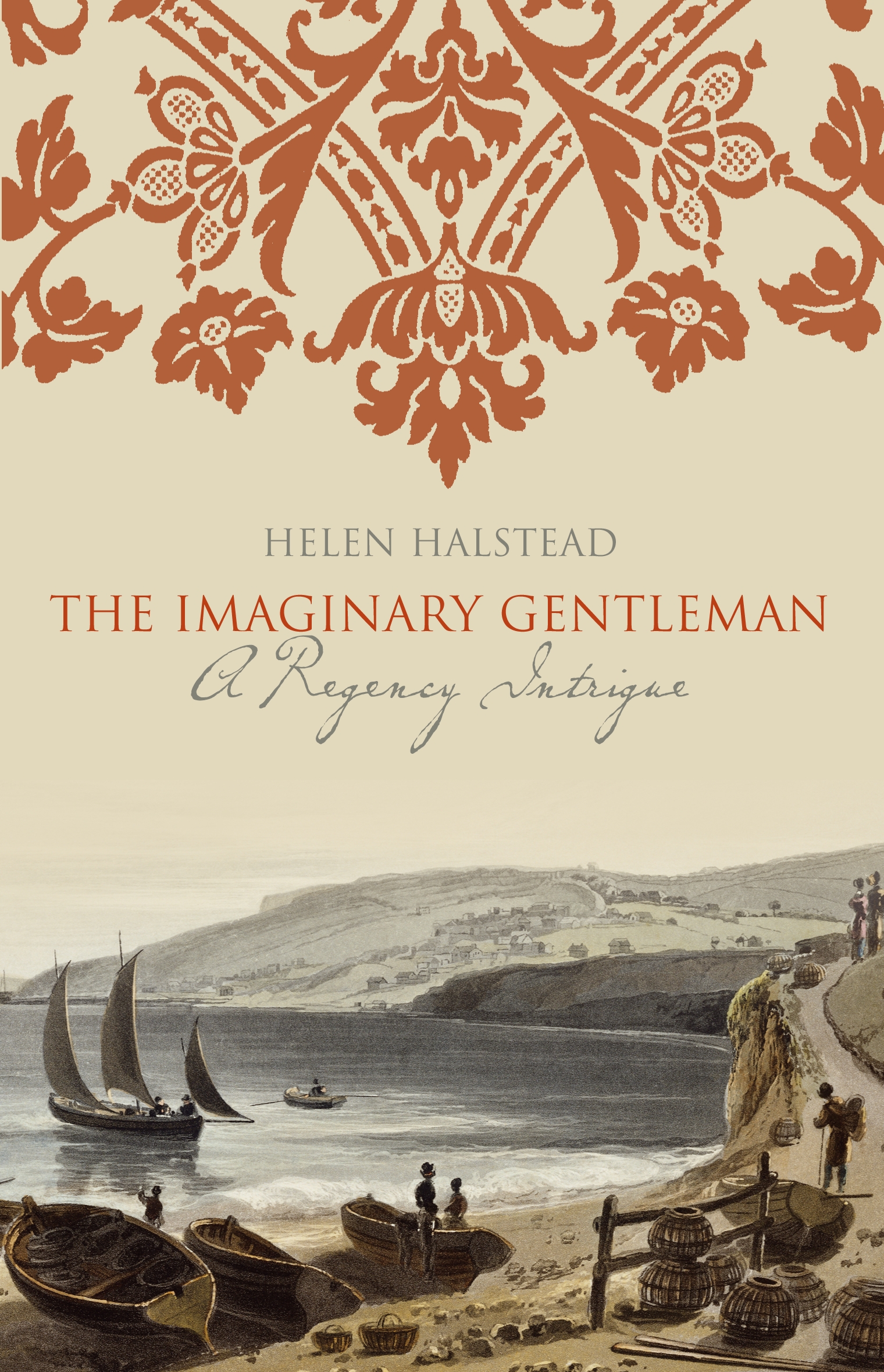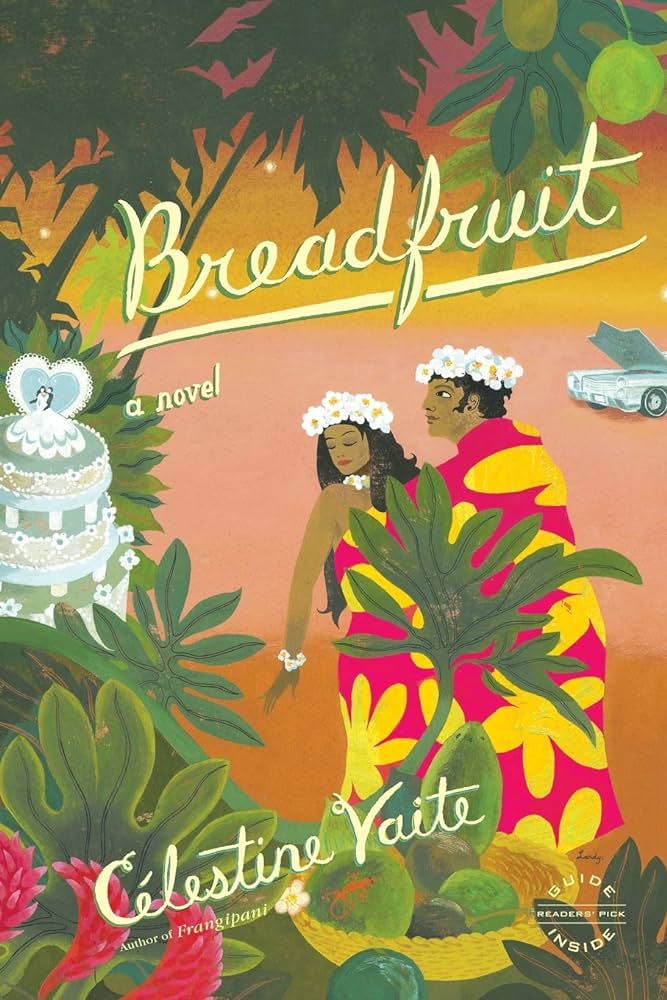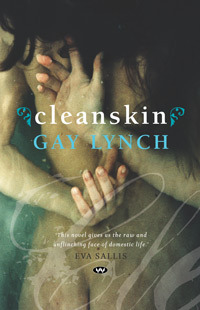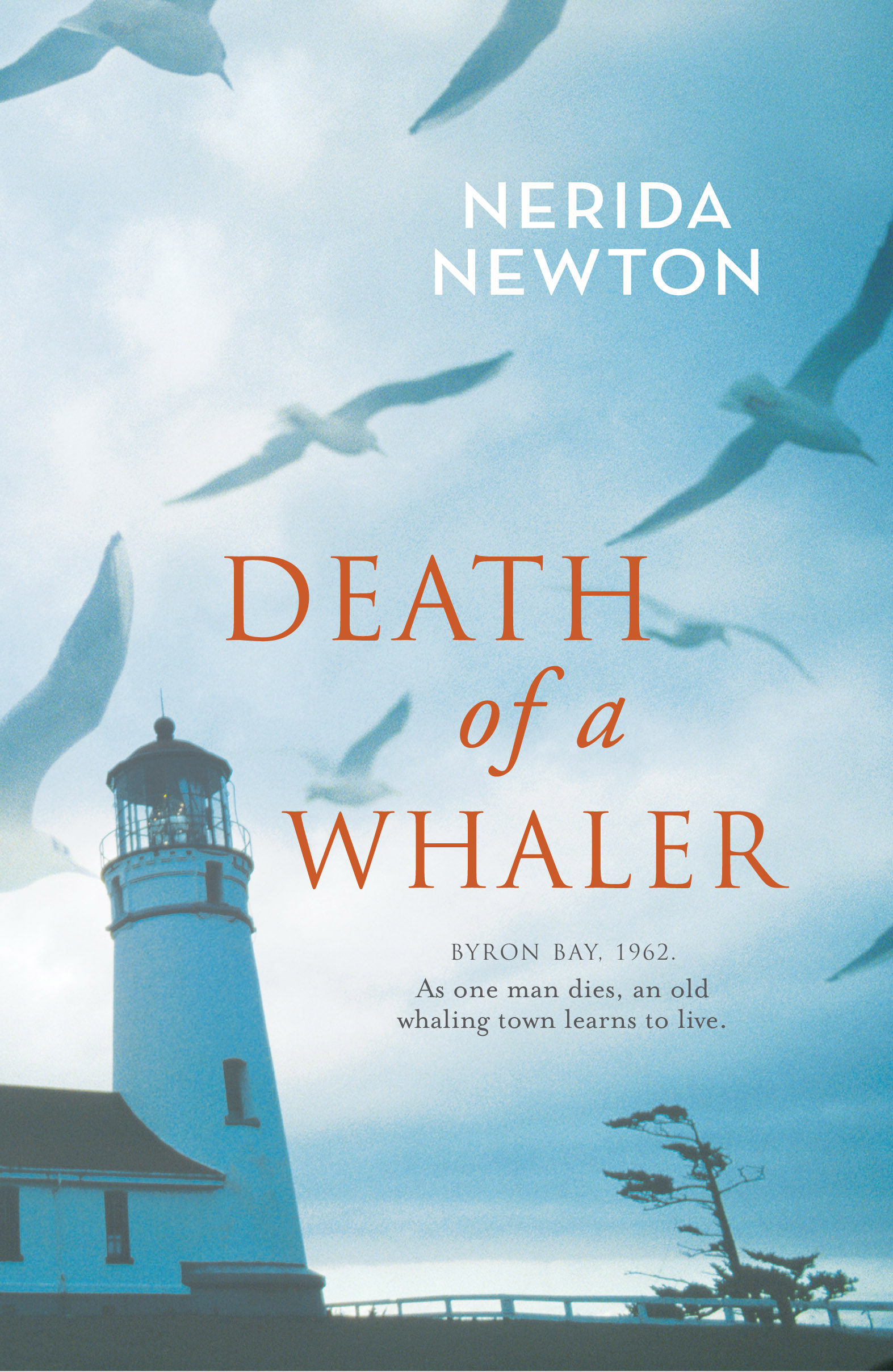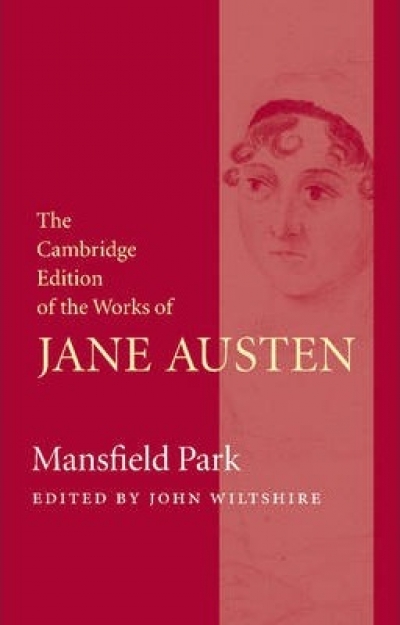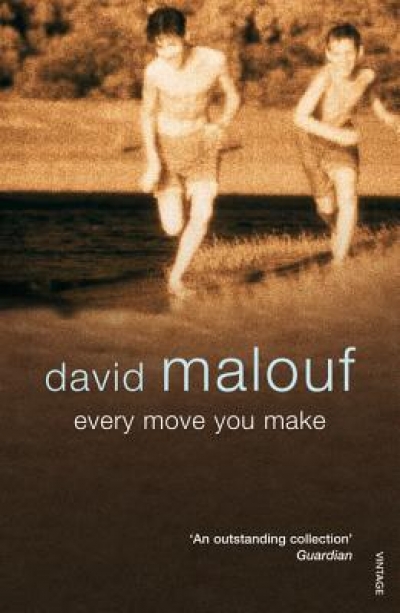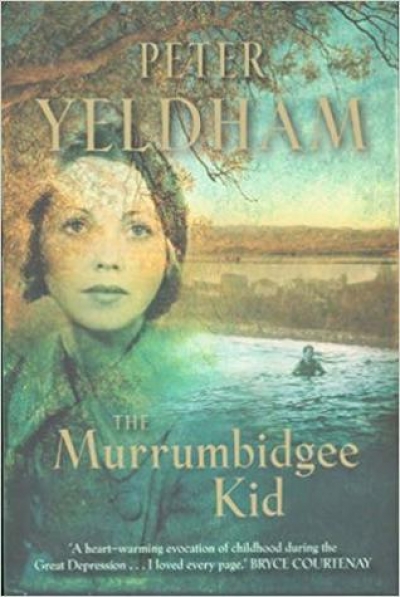Fiction
Aldous Huxley often prioritised the expression of themes and ideas over the development of character and plot in his fiction. Ape and Essence (1948), one of his less well-known novellas, was no exception, but it was also funny and thought-provoking. The Island of Four Rivers, by Christopher Morgan, has none of these redeeming features.
... (read more)The Gospel According To Luke by Emily Maguire & Rosie Little’s Cautionary Tales For Girls by Danielle Wood
Love, family, hope, death and grief have always been among fiction’s chief concerns. The Gospel According to Luke and Rosie Little’s Cautionary Tales for Girls, both second books from their authors, share many of these themes. The Gospel According to Luke adds faith, belief, religion and prayer; and Emily Maguire adroitly pulls off what would, in lesser hands, be a farce.
... (read more)The year is 1806. While pacing the Cobb at Lyme Regis, the tall and windswept Laura Morrison exchanges keen glances with the intense Mr Templeton, but he fails to meet later appointments, leaving Laura in the lurch.
... (read more)Breadfruit by Célestine Hitiura Vaite & Frangipani by Célestine Hitiura Vaite
The Australian soap Neighbours maintains its popularity overseas. Busloads of UK tourists bound for Vermont South attest to this. The soap’s popularity lies in its reflection of the domestic and the mundane. It provides a safe means for overseas viewers to explore the exotic: the trials of the Ramsay Street clan are not so different from their own. Soon, thanks to author Célestine Hitiura Vaite, Tahiti may have its own busloads of tourists, searching for the petrol station in Faa´a PK55, location and setting for the domestic, everyday dramas of Breadfruit, Frangipani and Tiare.
... (read more)Desperate Housewives, eat your heart out. This warm slice of smalltown gothic simmers with barely disguised marital discord, traumatic childhoods, eating disorders, bed-hopping and maternal angst – all centred around a playgroup in the South Australian town of Port Lincoln. Bitchy Madelaine, insecure Danica, sniffy Pauline, downtrodden Jo and earth-mother Nell have little in common but their children and geographical proximity. It is enough to form a friendship of sorts, albeit one spiked with deliberately provocative conversational lures, needling one-liners, sharp character assessments and sly jabs at the fleshy parts of one another’s self-esteem. As the cracks deepen in the veneer of their exterior lives, this precarious network becomes increasingly important – and fragile.
... (read more)Death of a Whaler considers the grand themes of death, grief, the quest for meaning and the potential for reawakening. Just days before the Byron Bay whalers are made redundant in 1962, lopsided Flinch is involved in an accident and literally frozen. It is not only when he meets Karma, himself troubled by the past, that Flinch reluctantly begins the trial of healing.
... (read more)Appalling as it sounds, many of us never out-grow our childhood personae. Although people become adept at concealing their petulance and insecurities behind adult façades, among siblings and parents they revert to type, unable to resist lifelong family roles and patterns.
Kate Veitch’s first novel, Listen, is a vivid dissection of a fractured family. Forty years after a young mother of four – the unexpectedly likeable Rosemarie – has abandoned her children and husband one Christmas Eve to escape Melbourne suburbia for Swinging London, the anguish of her flight still reverberates for her children, manifesting itself in different ways. Rosemarie’s eldest daughter was effectively thrust into premature motherhood at the age of thirteen, due partly to her father’s benign neglect. Deborah resents the injustices and sacrifices of her adolescence, when she was consumed with raising her siblings. She is constantly irritable with her husband, and unable to comprehend her teenage daughter Olivia’s preference for animals to humans. Her anger drives a wedge between herself and her family.
... (read more)Why do we need another edition of Mansfield Park? Particularly, what is the justification for an expensive one, when we can get a plain reprint for $5, or a well-annotated paperback for $10? The answer is the one that all scholarly editors are driven by: editorial principles have changed. What was considered acceptable textual practice even twenty years ago no longer fulfils readers’ desires to get close to origins, to understand contexts.
... (read more)David Malouf’s fiction has been justly celebrated for its veracity. His prose, at once lyrical and precise, has an extraordinary capacity to evoke what a character in an early story called the ‘grainy reality’ of life. For Malouf, small concrete details convey a profound understanding of the defining power of memory. He has a strong sense of the way the most mundane object can embody the past, how its shape or texture can send us back to a specific time and place and mood, just as Proust summons a flood of memory from the aroma of a madeleine dipped in tea. This tangible quality to memory is essential to our sense of self. The prisoners of war in The Great World (1990), for example, cling to their memories as a bulwark against the potentially overwhelming horror of their experiences. They treasure anything, however small, that provides a physical link with home, knowing that these relics help them to reconstruct the past and thus retain a grip on their identity and their sanity.
... (read more)Set during the Depression, Peter Yeldham’s eighth novel follows the adventures of Belle Carson and her son Teddy. Despite having enjoyed considerable renown throughout Sydney’s bohemian enclaves, Belle’s ambitions as an actress were never fully realised. Determined that the same fate should not befall her son, she turns her back on her husband and their steady life in Gundagai to introduce Teddy to the glittering city.
... (read more)



